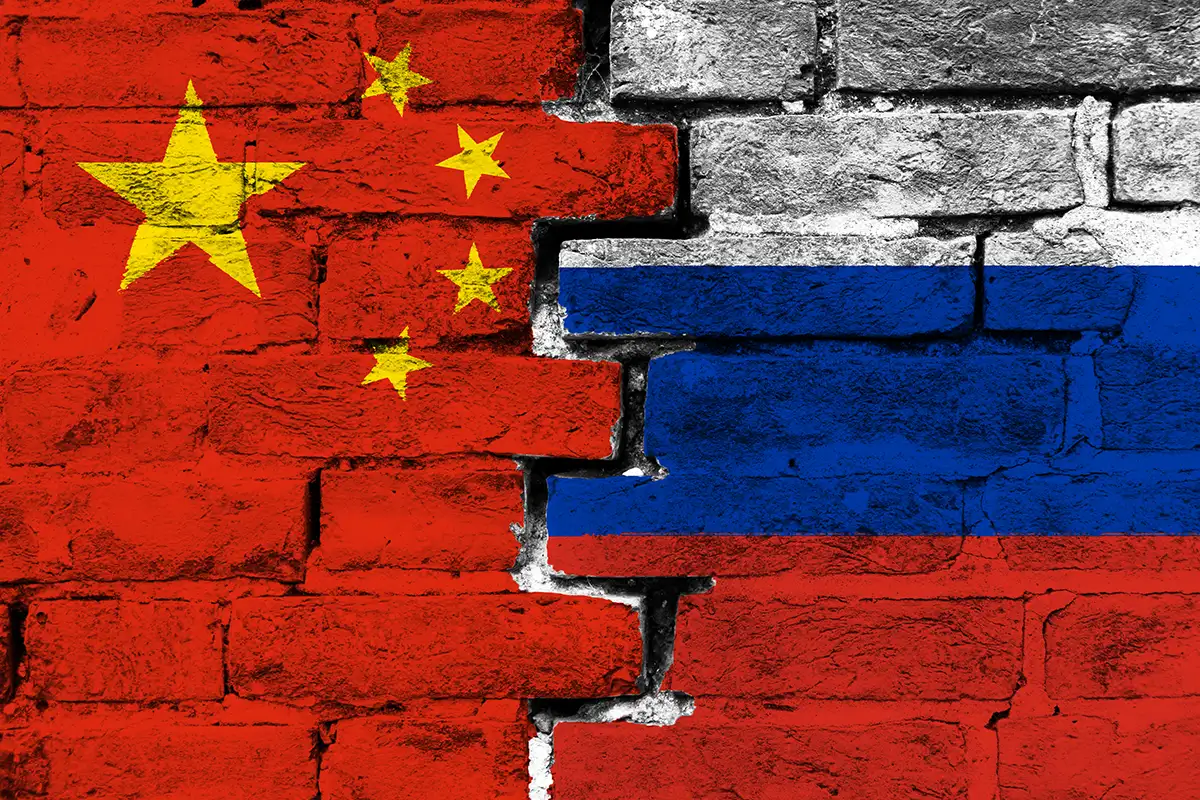With the foreign policy establishment absorbed by Russia’s invasion of Ukraine, the African continent receives little attention. This is a strategic blunder. Worrisome political and economic trends point to a volatile future for millions of Africans—and unlike the past two centuries, when global powers ignored (or worse, exploited) the continent’s unrest, African affairs now command greater influence on the world stage. By 2030, 1.7 billion people will live in Africa; they will also be responsible for $6.7 trillion in total consumer and business spending. What, if anything, can the U.S. do to promote stability and prosperity for the continent in the near term? Some experts ask America to compete with Russia and China in Africa, but a reactive approach obscures our own shortcomings on the continent. The U.S. must make a fundamental shift in its strategy to be considered a meaningful contributor to Africa’s future.
Africa’s greatest challenge is governance. Most shocking are the number of recent coup d’états and coup attempts against democratically elected governments across the Sahel. Since 2020, military forces have ousted leaders in Burkina Faso, Guinea, Mali, Chad and Sudan. This democratic backsliding is a disappointment for civil society and the multilateral organizations designed to check authoritarian trends. The African Union (AU) and Economic Community of West African States (ECOWAS) issued warnings and sanctions against the insurrectionists, but democracy in Western Africa remains in a fragile state.
Rising violence also spells trouble for domestic stability. Since 2017, political violence and protest events across Africa, and particularly in Eastern and Central Africa, have increased by 48 percent. This figure should jolt leaders awake. Terrorism in the Sahel and Nigeria, state repression in Sudan and civil war in Ethiopia erode the freedom and wellbeing of millions. The repercussions of armed combat will be long-lasting, especially in disputes centered on identity and political representation. Divisions along ethnic and religious lines, such as those in Ethiopia and Nigeria, will frustrate plans for reconciliation.
Political volatility will further hurt Africa’s economic prospects. Violence comes at both a human cost and fiscal cost; in Ethiopia’s civil war, armed forces have killed thousands and inflation has risen to 36.6 percent, while in Nigeria, the estimated cost of violence and security expenditures since 2007 is over $1.34 trillion. Unscrupulous leaders may use this upsurge in violence to silence civil society. Such a decision will derail markets and incomes. Dictators stifle foreign direct investment, while their democratically elected peers will be more likely to sustain economic growth through competent policies and reforms.
Global economic trends entail further tumult. Wobbly consumer confidence, rising inflation and stalled supply chains raise fears of a worldwide recession. With these downward pressures, Sub-Saharan Africa’s gross domestic product (GDP) is slated to grow just 3.8 percent in 2022, a 15 percent decrease from 2021. Russia’s invasion of Ukraine places strain on Northern and Central African markets, as they are particularly vulnerable to rising prices of fossil fuels and wheat. Lower than expected crop yields in China and India will also tighten grain supplies. Millions in Africa will go hungry, and many will die.
COVID-19 will contribute to stagnation, although a bright spot is worth mentioning: COVID-19 cases in Africa are in their longest-running decline since the start of the pandemic. Nevertheless, African countries will need more than a decade to reduce extreme poverty rates to pre-pandemic levels. Schooling disruptions, unstable employment and business closures have had an extreme effect on labor markets and livelihoods. Despite early warning networks for new COVID-19 variants, subsets of communities are at high risk of infections as Africa’s vaccine supply remains low and distrust in the medical establishment remains high.
Given these challenges, how can the U.S. best leverage its resources and partnerships to contribute to Africa’s security? First, the U.S. desperately needs to boost its trade with the continent. The U.S. has lost sight of how little it contributes to Africa’s economic prosperity. While China is the top trading partner for 29 African countries, the U.S. no longer possesses the top spot with any country on the continent. The value of U.S. exports to Africa, peaking at $38.1 billion in 2014, has stagnated since, while the value of U.S. imports from Africa peaked at $113.5 billion in 2007 before falling precipitously. As African markets enter a fragile moment, the U.S. needs to reinvigorate its flagging partnerships to strengthen infrastructure and investment. This includes vigorous U.S. engagement with the African Continental Free Trade Area (AfCFTA), a historic agreement to connect the continent’s markets in the 21st century.
Second, the U.S. needs to protect good governance to deal squarely with the continent’s transnational issues. U.S. security assistance, development aid and public health resources sent to Africa have grown markedly in the past two decades. However, few resources are allocated to democracy, human rights and governance (DRG) programming; in 2019, just 4 percent of U.S. assistance funds were directed to DRG. In the absence of institutional safeguards, unprincipled leaders favor patronage over professionalism, oligarchs capture key industry sectors and security forces trample on civilian rights. Governance must be the cornerstone of U.S. assistance to Africa.
Political and economic turbulence portend a difficult near-term future for Africa’s citizens. The U.S. can play a supportive role in mitigating some of these risks with a strategy that commits to lasting engagement. African affairs will influence the trajectory of emerging markets, geopolitics, and democratic systems. America must participate in its African partners’ success, and in return, it will emerge with more friends and allies on a continent that will increasingly shape global events.



